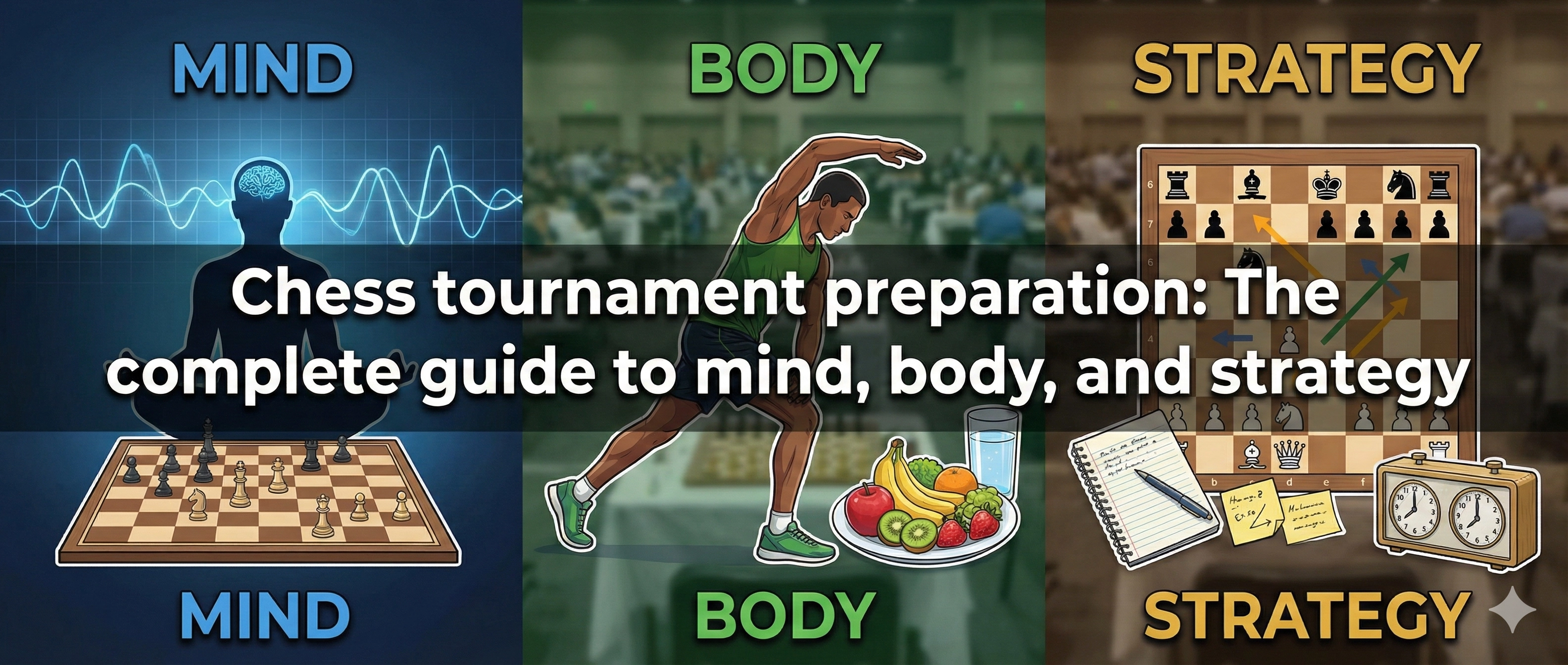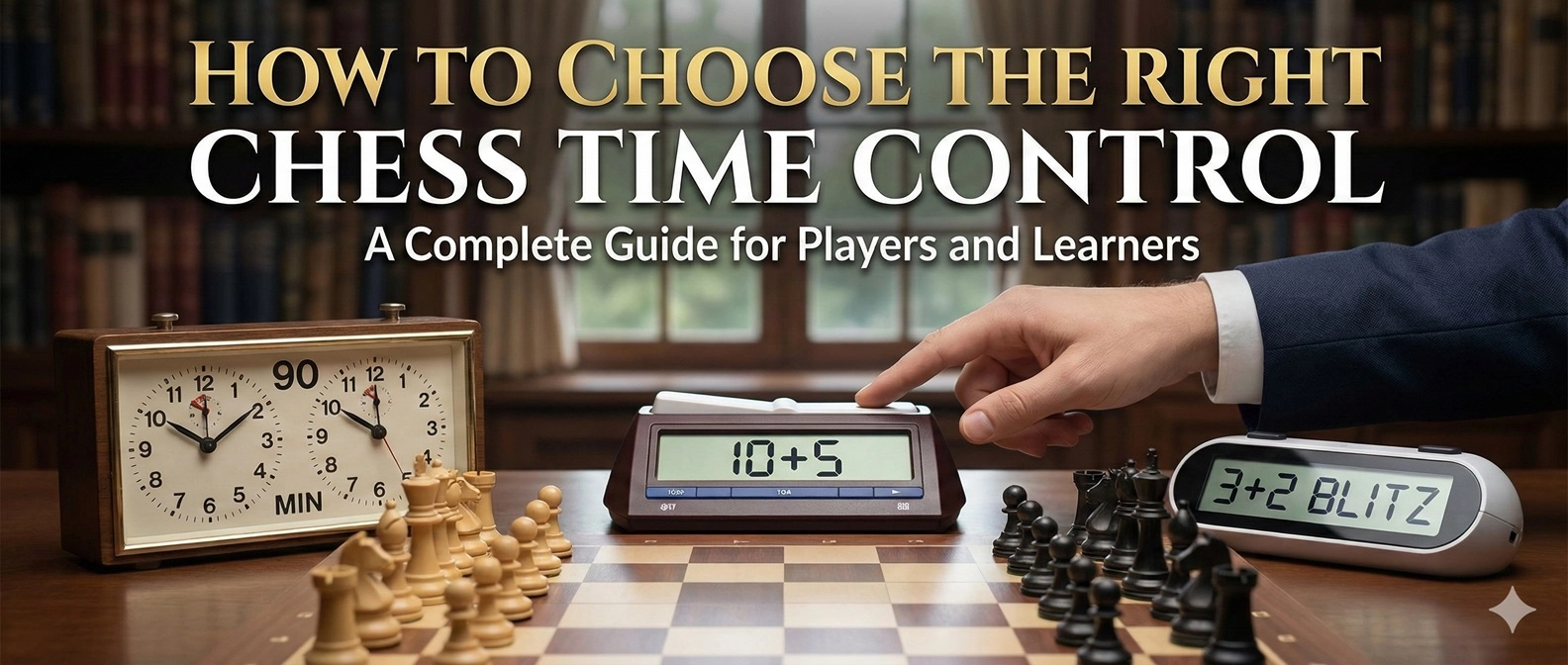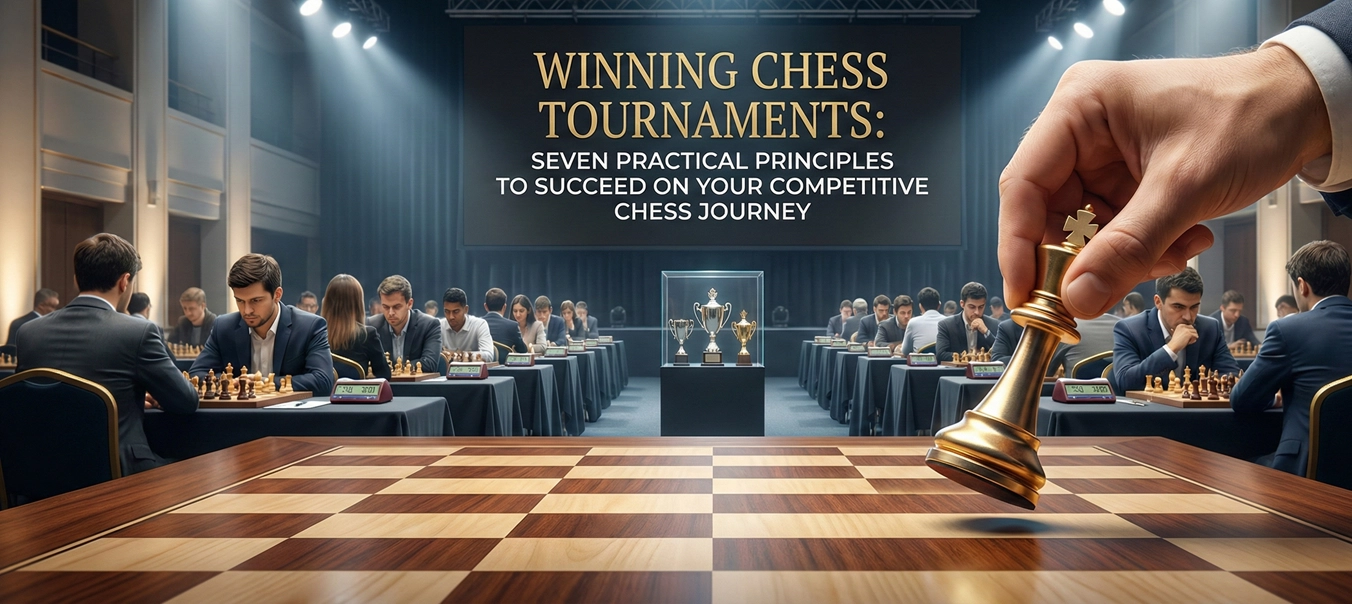In 1975, the world heard of one of chess history's fiercest and most talked about matches. Many expected the game between the then-world champion Bobby Fischer and Soviet champion Anatoly Karpov to be a moment of pure chess brilliance.
However, what everyone seems to have forgotten in the midst of several speculations is that the match didn't take place in real! Yet, the two became the most talked about personalities in chess history.
If you are fascinated already about Karpov vs. Fischer: who is more popular but needs help determining where to begin, this blog is for you! In this blog, we will talk about the chess players and the match and how it made them household names of the century.
Karpov Vs. Fischer: Who are They?
1. Anatoly Karpov (1951-Present)
Did you know Anatoly Karpov spent 102 months as world number one, the third-longest in history behind Magnus Carlsen and Garry Kasparov?

Born in 1951, Karpov was a child prodigy, learning chess at just 4 and joining Mikhail Botvinnik’s prestigious chess school at 12. Despite early criticism, he became the youngest Soviet master at age 15 in 1966.
Karpov became the 12th World Chess Champion in 1975 and later a three-time FIDE World Champion (1993, 1996, 1998). Honored with nine Chess Oscars, he left an indelible mark on chess history. Since 1997, he has focused mainly on exhibition matches alongside his work in politics.
2. Bobby Fischer (1943-2008)
Chess960 or Fischer random chess invented by Bobby Fischer, is a chess variant in which the initial position of the pieces can be randomised to one of 960 possible positions.

AKA Robert James Fischer, was an American chess grandmaster and 11th World Chess Champion. The chess world is heavily indebted to him for his talent and contributions. He was a chess prodigy who won his first U.S. Championship when he was only 14.
In 1972 he claimed the title of World Chess Championship by winning against Boris Spassky. The match attracted more interest than any other match as it was publicised as a Cold War confrontation between the U.S. and USSR. Again in 1975, Fischer started to make headlines for the next match of the World Chess Championship with Anatoly Karpov.
Before his death in 2008, he had many credits to his name. A few of his remarkable gifts to the chess world are the book My 60 Memorable Games and the Fischer clock.
3. World Chess Championship
Karpov vs. Fischer

The 1974 Candidates Tournament was the prelude to the 1975 World Chess Championship. In the tournament, Karpov beat Korchnoi scoring 3-2 with 19 draws, and earned the right to challenge Fischer for the title of World Chess Champion.
But the match did not take place as Fischer refused to defend his title due to a dispute over the format of the match. On June 1, 1975, Fischer refused to play, and after many requests that he turned down, unable to compromise, FIDE forfeited the title. As a result, on April 3, 1975, Anatoly Karpov became the 12th World Champion by default.
This match is known as the "Match of the Century" and was one of history's most anticipated chess matches. The match is considered a massive loss for Karpov, as he believed he was promised a match that was taken away from him. Many experts speculated on what could have happened had Fischer attended the match.
Spassky said that Karpov was the most formidable opponent he had ever faced. Further, he also stated that he believed Fischer would have won in 1975 had he played. However, Karpov would have qualified again and defeated him in 1978. Garry Kasparov said Karpov would have had good chances because he had beaten Spassky.
In 2020, Karpov himself said, "I think I had chances. I can't say I had better chances [than Fischer] — I considered it would be a tough match.
4. Verdict
Karpov or Fischer
The debate over who is more popular among the chess legends often ends in the same conclusion—both stand tall in their own unique ways.
Bobby Fischer is remembered not only for his unmatched brilliance on the board but also for his lasting contributions to chess literature. His eccentric personality only added to his legendary aura. On the other hand, the child prodigy made his mark by competing in countless matches, carrying forward the World Championship legacy, and even leaving an impact beyond the chess arena.
At the end of the day, both were titans who inspired millions worldwide to take up the game. Indeed, they weren’t just players—they were icons who lived up to the hype and etched their names in chess history forever.
Conclusion
Chess isn’t just about its ancient origins-it’s about the legends who shaped it. From Fischer’s fiery brilliance to Karpov’s calm precision, each champion carved their own legacy. Their battles didn’t just decide titles; they wrote history, inspiring generations to fall in love with the game.

FAQs
1) Is Bobby Fischer the greatest chess player of all time?
Bobby Fischer is the third greatest chess player, and Garry Kasparov and Magnus Carlsen were first and second, respectively.
2) Who is the strongest chess player of all time?
The strongest chess player of all all-time is Magnus Carlsen. He is ranked number 1 with a rating of 2859.
3) Who is the Goddess of Chess?
Caissa is the Goddess of Chess.
4) What is the average I.Q. of a chess player?
The I.Q. of an average chess player with a rating range of 60-180 is expected to be 60 to 140.
5) What are the best chess apps for iPad and iPhone?
There are a few well-versed chess apps. Some of them are Chess Play and Learn and Real Chess 3D.







Comments